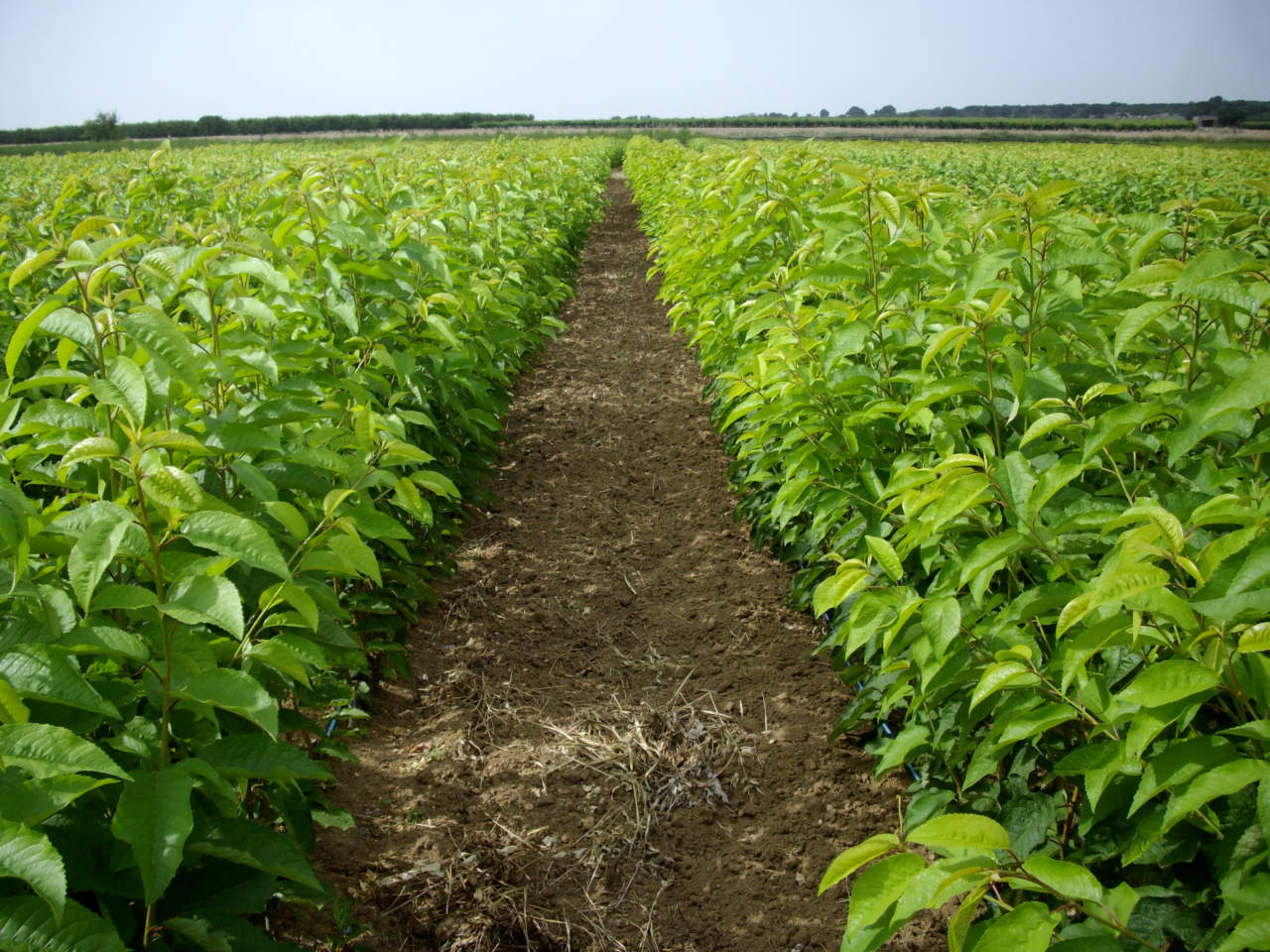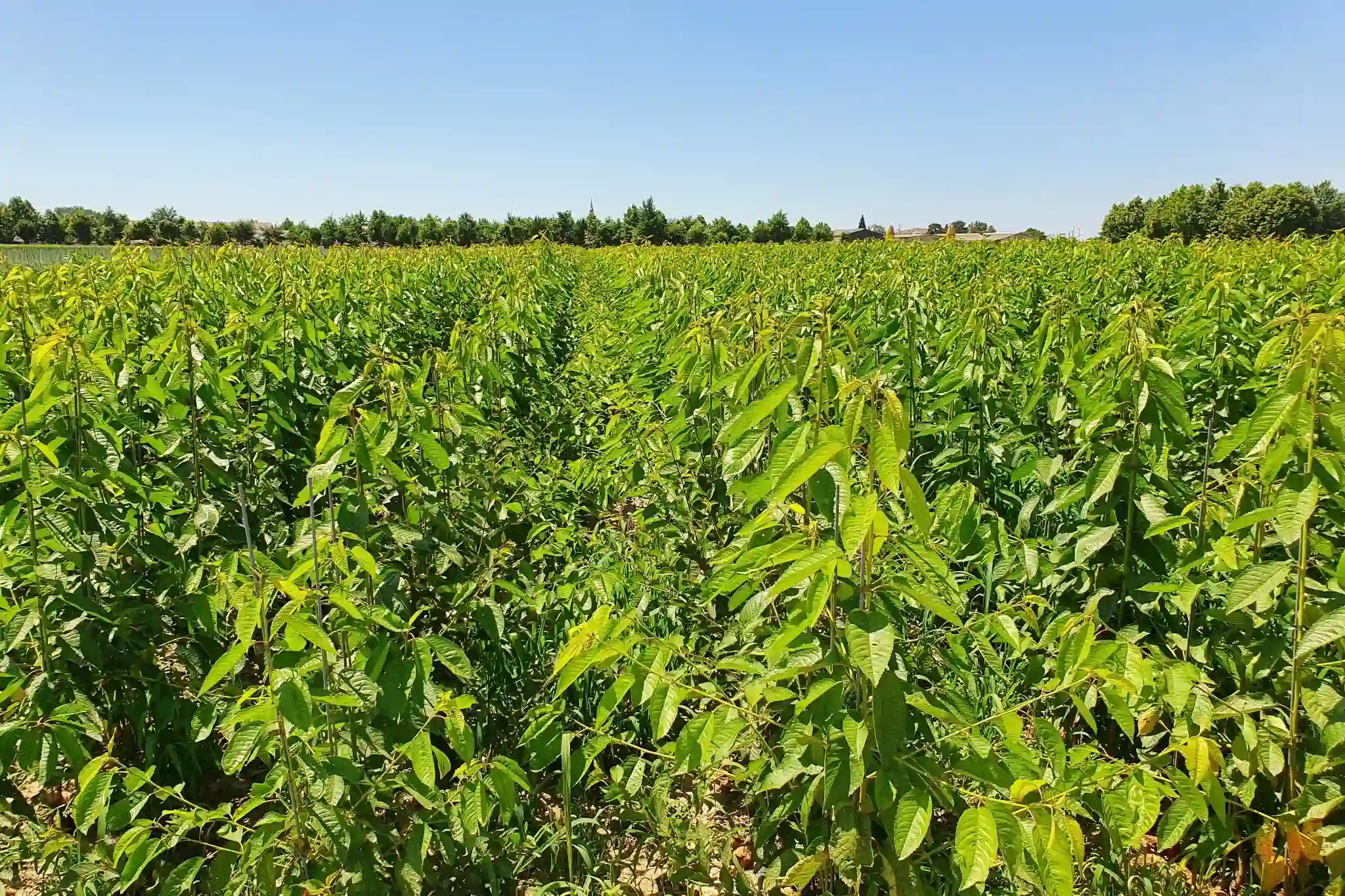In the heart of the Bekaa Valley and Mount Lebanon, cherry producers and agricultural SMEs are preparing for an ambitious challenge: meeting European Union standards to access high-value export markets. With the support of the International Labour Organization (ILO), through the Sida-funded BOUZOUR project, two strategic training sessions were organized to support this journey.
A guided path towards EU compliance
The sessions, held in collaboration with the Chamber of Commerce, Industry and Agriculture of Zahle and the Bekaa (CCIAZ) and the Lebanese Ministry of Agriculture, saw active participation from farmers and agri-businesses from key production areas. The goal? To gain a deep understanding of EU protocols on plant health, food safety, and traceability.
During the sessions, the Ministry presented updated guidelines for aligning with EU standards, while participants shared experiences and daily challenges. “I always knew EU standards were strict, but now I understand why,” said Youssef Karam, a grower from Mount Lebanon. “It’s a matter of health and respect for those who consume our fruit. This training opened my eyes to the importance of details, from harvesting to packaging.”
Strengthening the value chain through dialogue
One of the most innovative aspects of the initiative was the direct involvement of exporters, creating a real opportunity for exchange with producers. “Last year we gave up on exports due to a lack of certifications. Today, thanks to the support of the ILO and local partners, we have the tools to truly give it a try,” said an export sector operator.
In the coming months, a selected group of at least 100 farmers will take part in a pilot project aimed at obtaining the required export certification. Technical materials – such as insect traps and natural crop protection products – will be provided, along with targeted training.
Lebanese cherries as a passport
According to Said Gedeon from CCIAZ, “Meeting European standards also means being ready for other international markets. The bar is being raised everywhere: those who prepare today will be competitive tomorrow.”
The initiative is part of the broader BOUZOUR project, which aims to strengthen the entire cherry value chain in Lebanon: increasing incomes, promoting decent work, and opening up new business opportunities through training and collaboration among sector stakeholders.
Source: ilo.org
Cherry Times - All rights reserved










